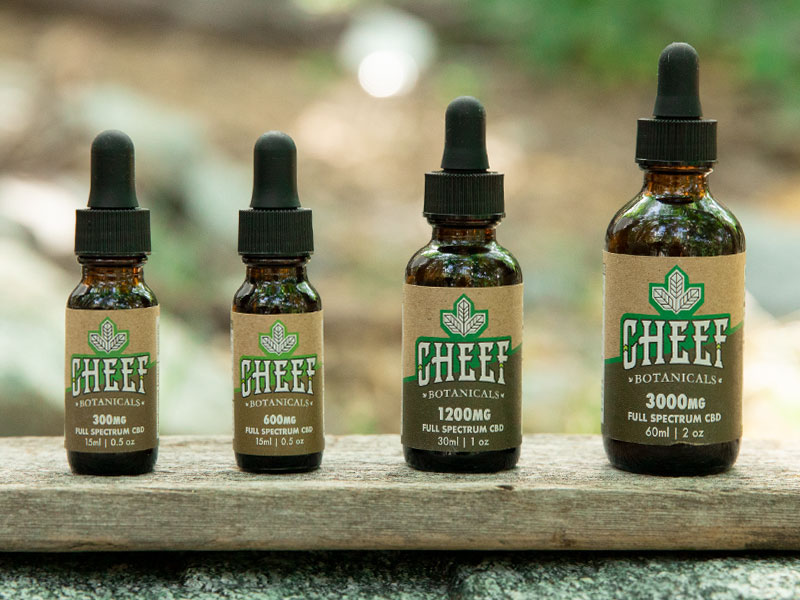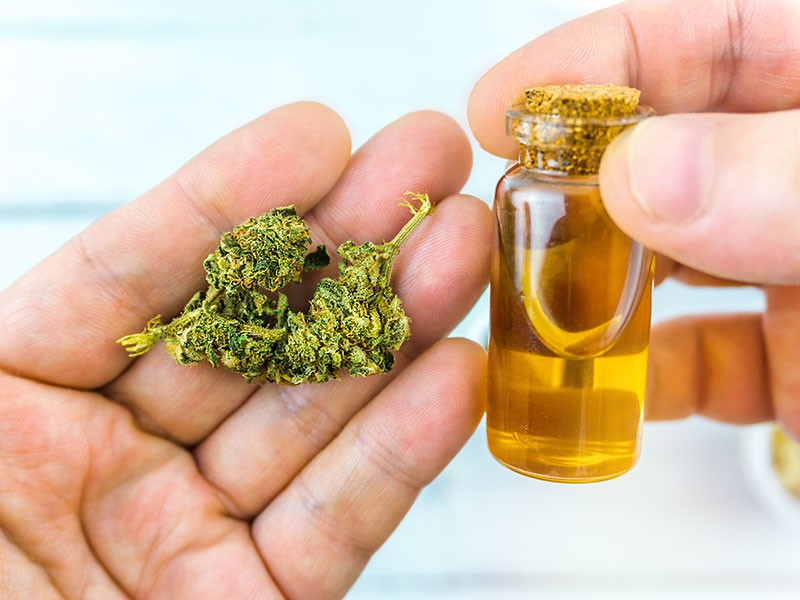CBD is now a phenomenon within the therapeutic universe. From tinctures to cosmetic creams and even beverages, the market is full of products containing this ingredient.
It is not difficult to understand why it is so popular: CBD oil, in particular, has many benefits and advantages in the treatment of different health problems.
However, the dizzying number of new products on the market can be confusing, making it difficult to understand which one is right for you. There are several considerations to make when researching CBD, and before buying and using the oil, it is important to do some research on how the product is manufactured, what benefits it can offer, and the legal status in your country.
What is CBD Oil?
A regulatory exception in some countries, allowing the cultivation of hemp strains for industrial purposes, and discoveries of the medicinal properties of CBD have led to hemp strains being bred and cross-bred to raise their percentage of CBD, allowing their extraction and serving as raw material for a variety of products. This situation has caused a regulatory vacuum in which the legality of CBD products has become rather vague and constantly changing.
However, do not confuse CBD oil with that from the hemp seed. CBD oil is extracted from the entire hemp plant, which distinguishes it from hemp oil (as it is sometimes simplistically called), extracted only from the seeds. While hemp seed oil can offer several health benefits, it does not actually contain any cannabinoids, including CBD.
With the growing popularity of this product, an increasing number of people have been asking “what does CBD oil do?” A common concern about CBD oil is whether it will leave you feeling high. CBD products derived from hemp contain only small amounts of THC, which means they do not intoxicate.
Furthermore, studies have shown that CBD is not addictive: a 2017 World Health Organization report concluded that CBD “shows no effects indicative of any potential for abuse or addiction.”
To put some order into the CBD oil mess, it’s important to understand that there are a few types of CBD extraction and that all can be applied to all strains of hemp: Full spectrum CBD, broad spectrum CBD, and CBD isolate.
Full Spectrum Oil
Full spectrum CBD oil is a complete extract of the plant, which means that it contains not only cannabidiol, but also other natural components generated in the extraction process, including other cannabinoids, flavonoids, and terpenes. Many of these additional components have their own therapeutic benefits, and the entourage effect theory holds that they work even better when administered together.
This means that if a full spectrum oil is extracted from a hemp strain that contains 20% THC and 1% CBD, the oil will preserve the full spectrum of compounds and therefore contain the same proportion of THC and CBD as the original plant. On the other hand, if a full spectrum oil is extracted from a hemp variety with less than 0.2% THC, the resulting extracted oil will also contain no more than 0.2% THC.

A 2015 study found that full spectrum hemp extract, rich in CBD (17.9%) and low in THC (1.1%), is more effective in treatment compared to CBD oil alone, specifically for inflammatory conditions. This observation was established in a meta-analysis that examined the clinical benefits of CBD-rich extracts versus purified CBD extract (alone).
Broad Spectrum Oil
Broad spectrum CBD oil is a relatively new term for extraction that isolates specific molecules and eliminates them from the rest of the oil. This means that all traces of THC can be completely removed, even if the original plant contains only less than 0.2% THC.
Isolated CBD Oil
An isolated extraction identifies a specific molecule in a hemp plant and extracts only it, completely eliminating everything else. In the case of CBD extraction, the result is pure CBD oil, with no other cannabinoids, flavonoids, terpenes, or other compounds.
How is it Produced?
There are a few different methods of CBD extraction.
Alcohol extraction is a popular method in which the plant is soaked in alcohol for a set period of time in order to extract the CBD and other components into the alcohol. This is the same extraction method that has been used in herbal medicine for centuries and is a very effective way to extract cannabinoids with minimal damage to the substance. However, while the alcohol acts as a suspension to protect these chemicals from degeneration, it also dilutes their purity.
CO2 extraction, on the other hand, generally maintains the highest level of CBD purity. This extraction is done by applying liquid CO2 in combination with high temperature and extreme pressure to the hemp plant in order to extract the specific molecules. This method has been developed in recent years thanks to significant advances in extraction technology.
CBD oil can also be extracted using a hydrocarbon. In this method, a hydrocarbon, such as butane, is used to heat the plant, causing it to release oils.
The best cbd oil is proving to be a great remedy for different kinds of conditions and ailments that affect the human body.













